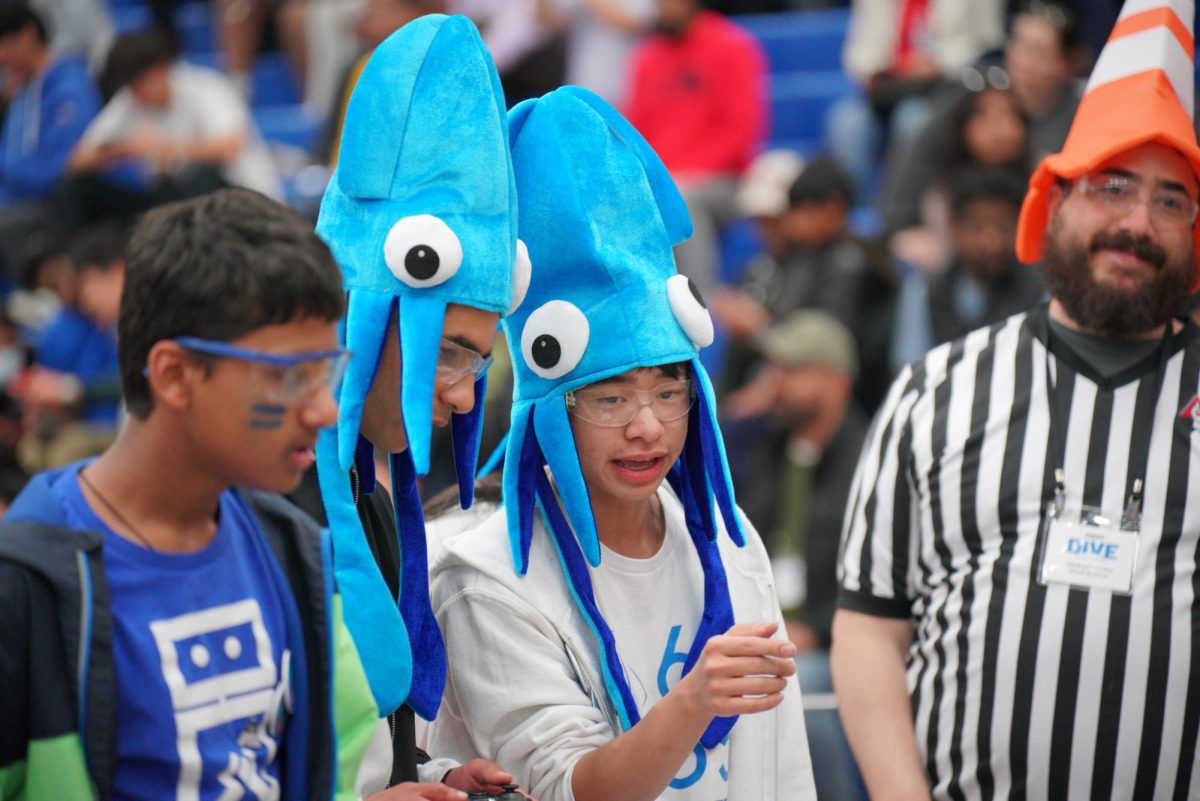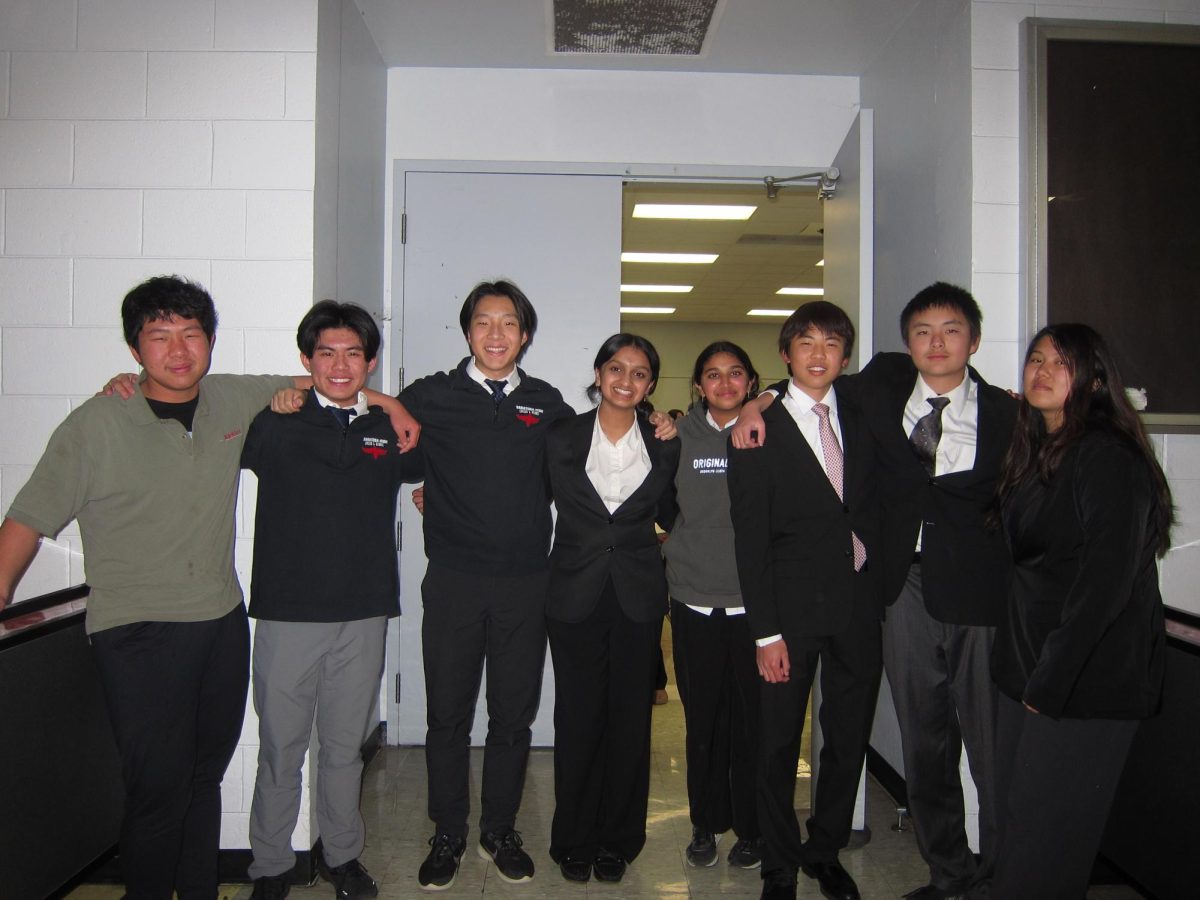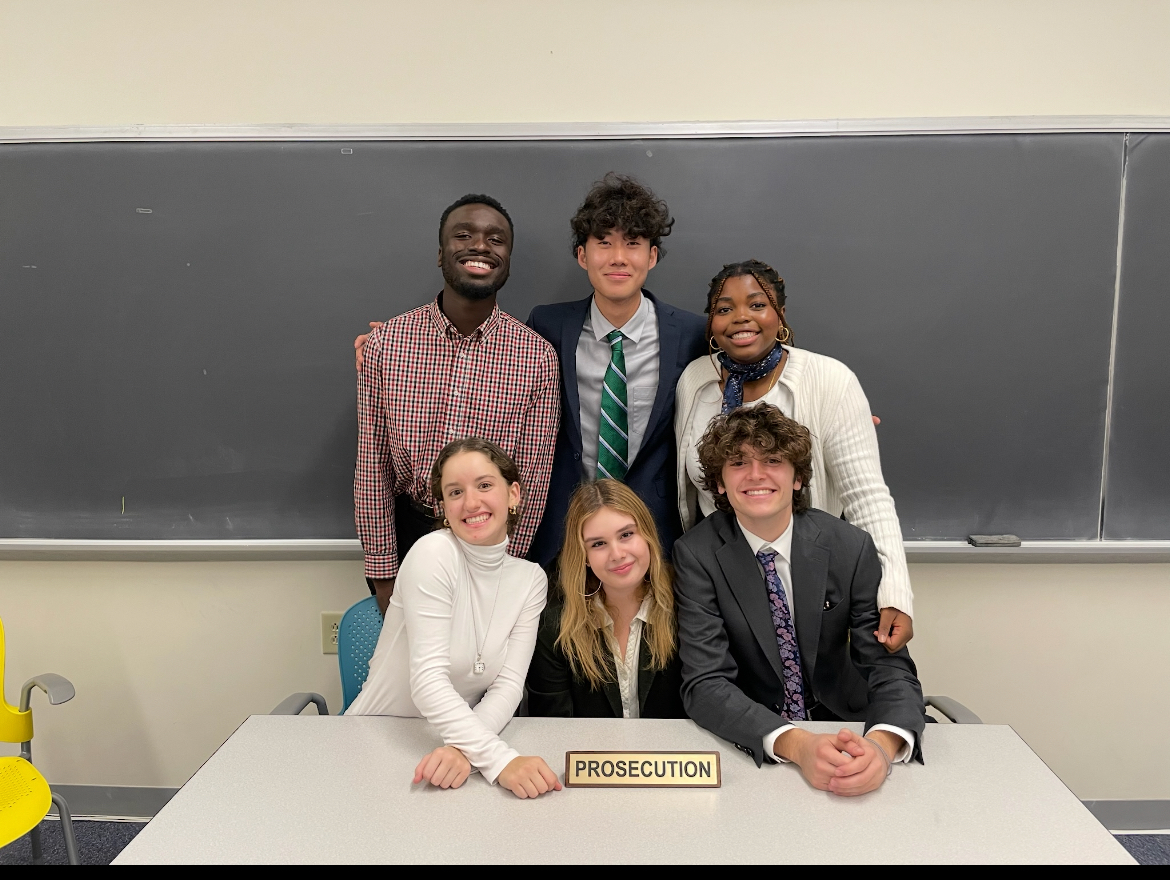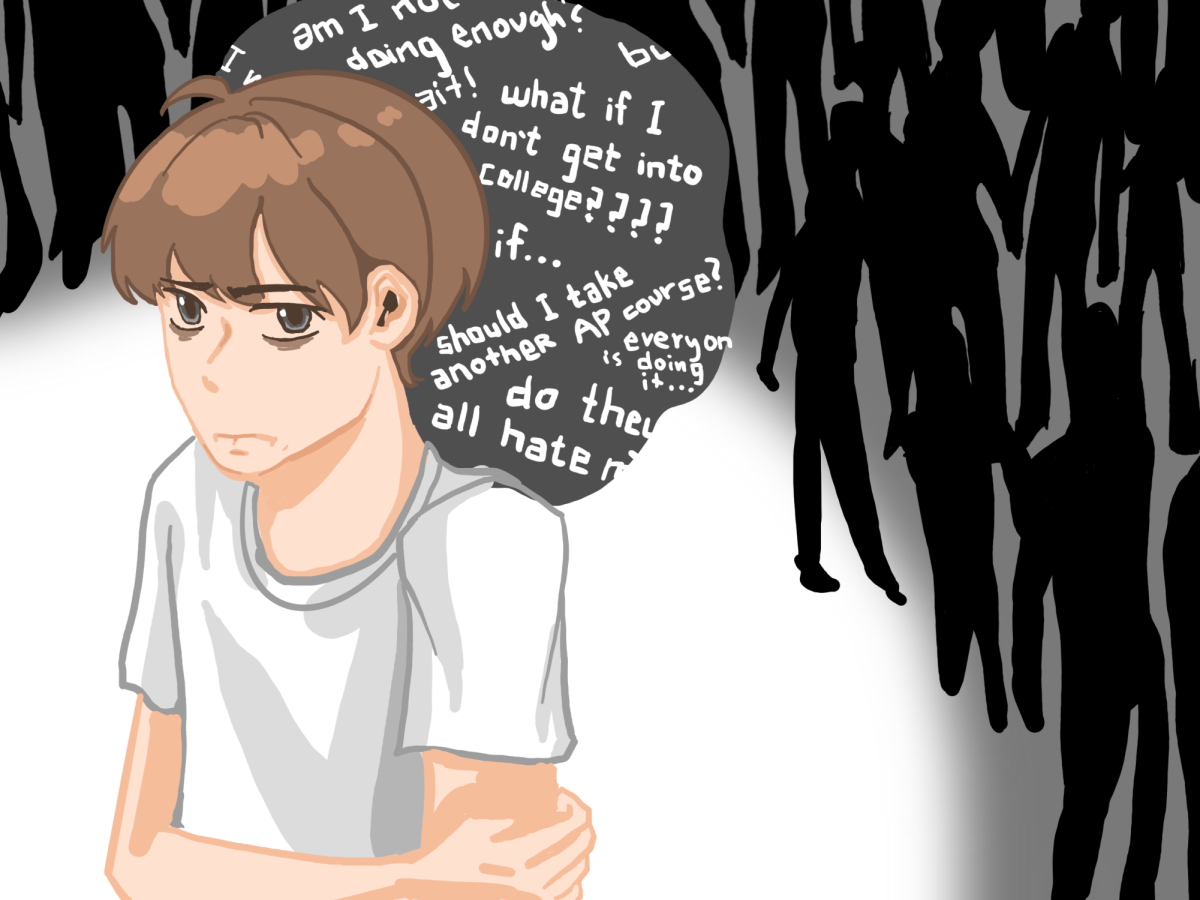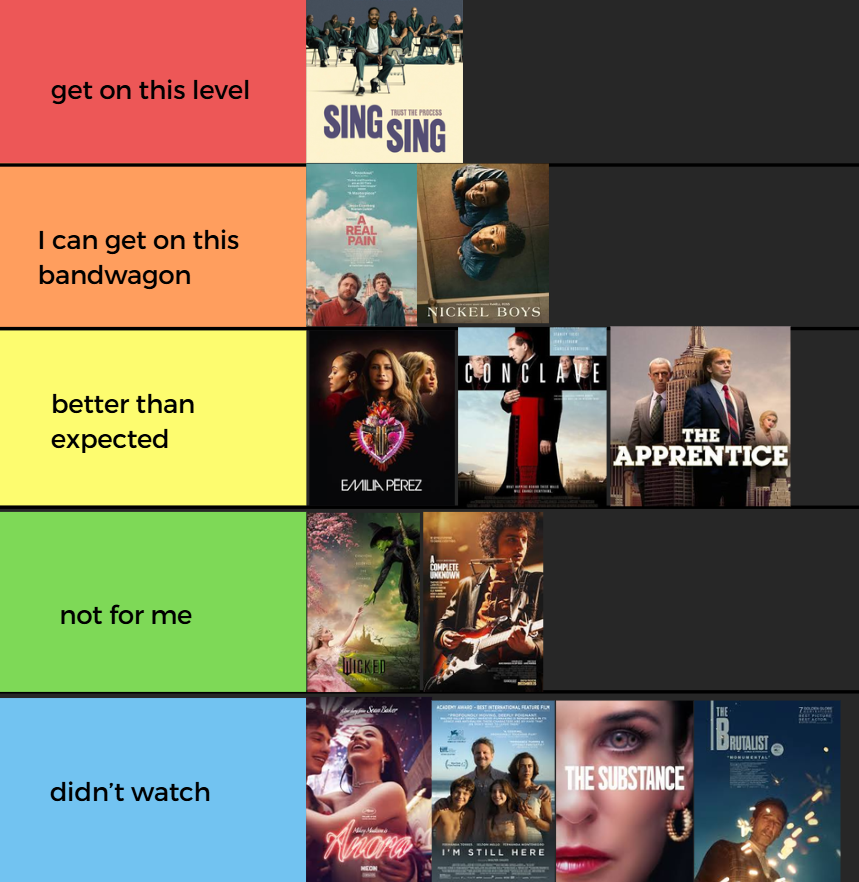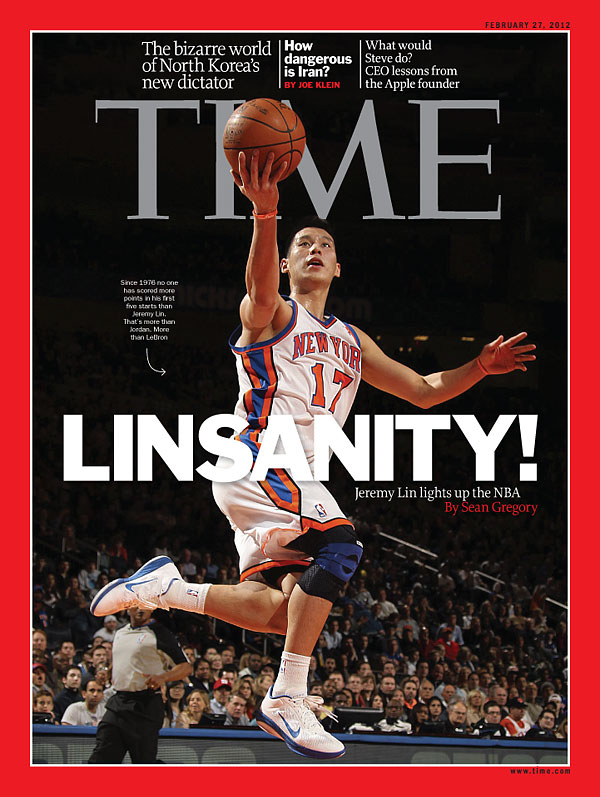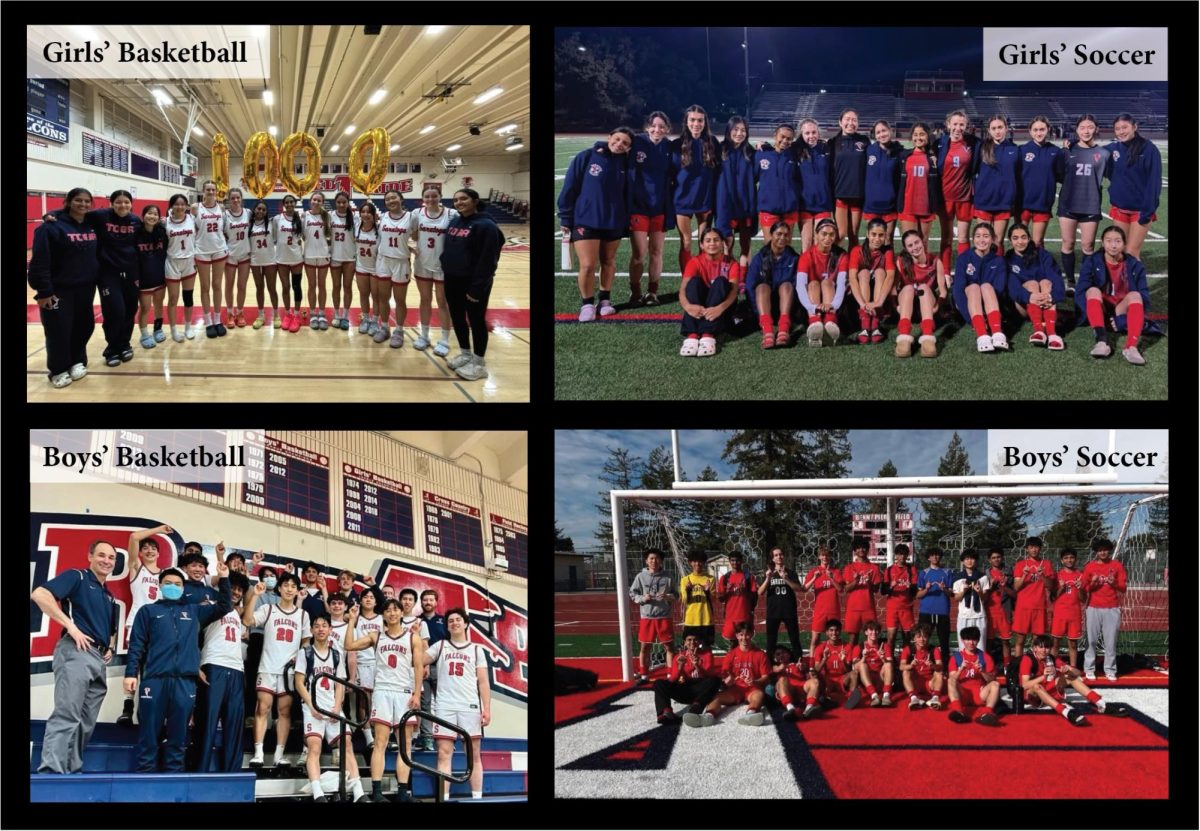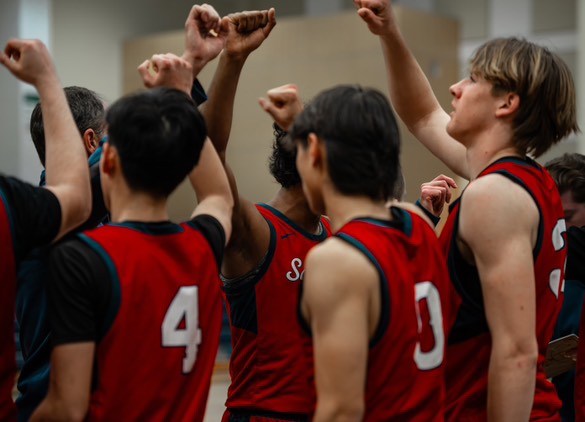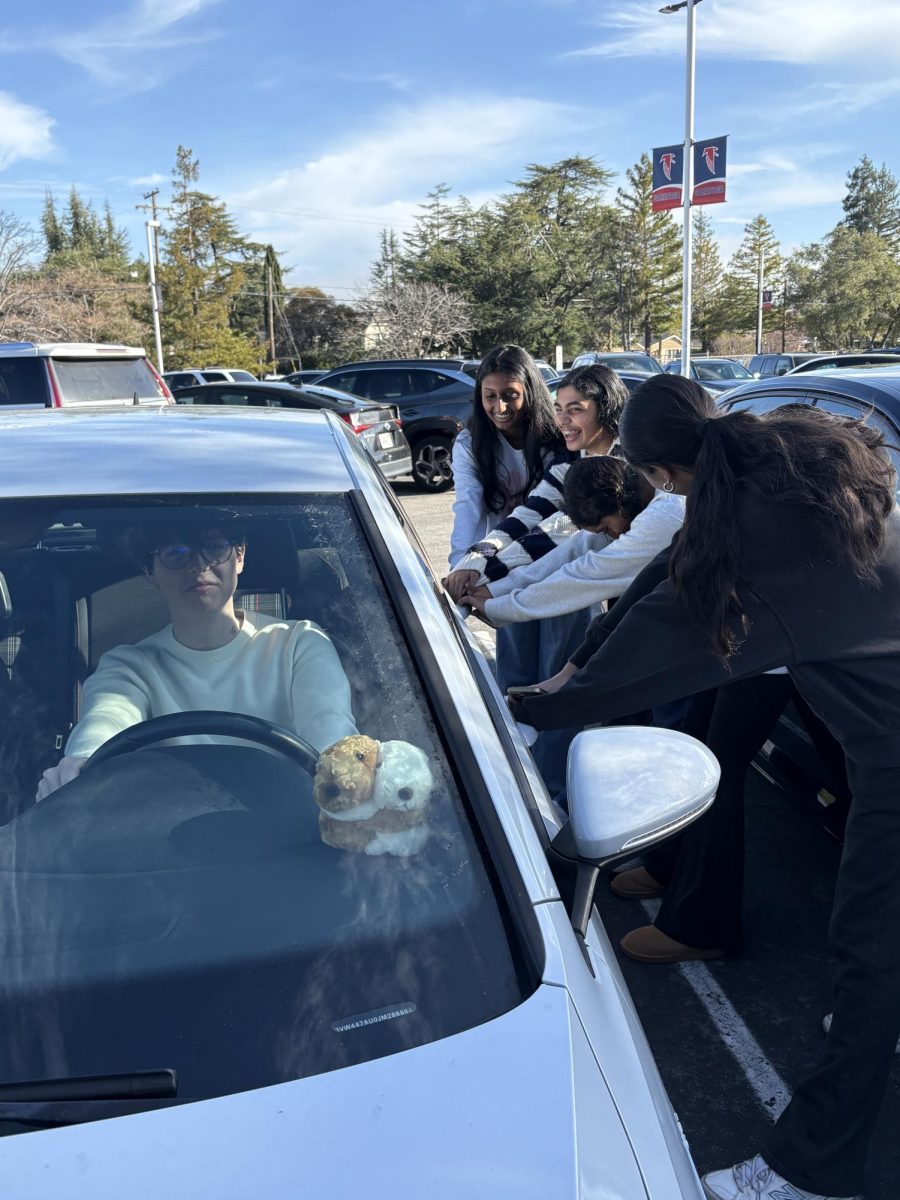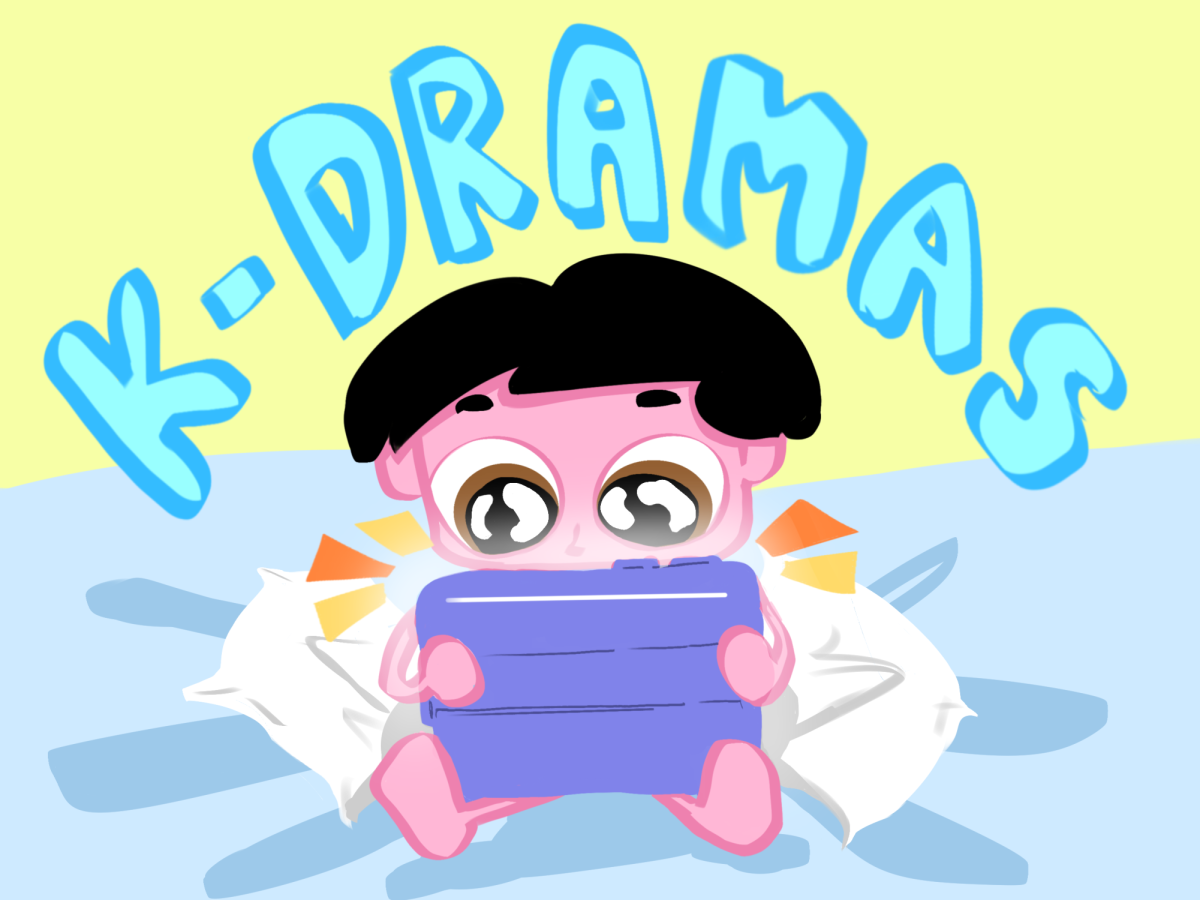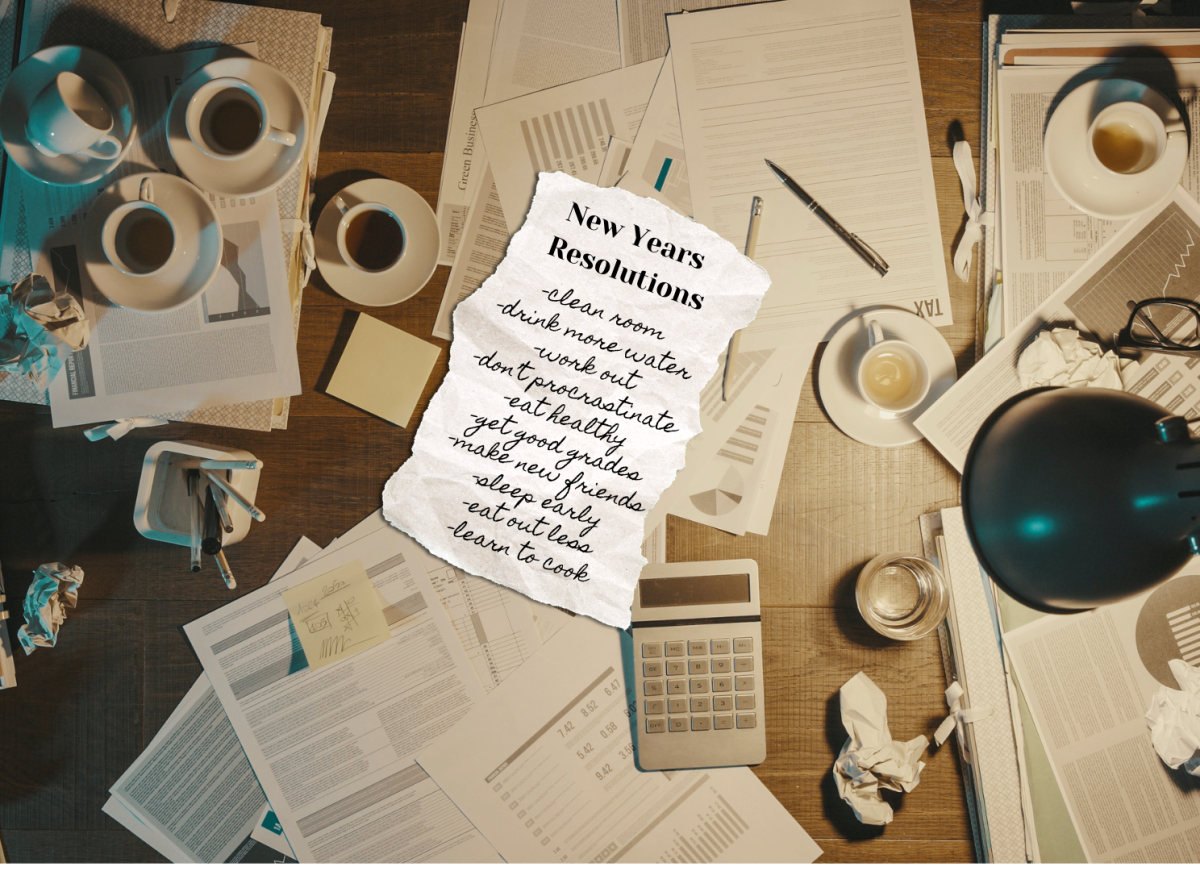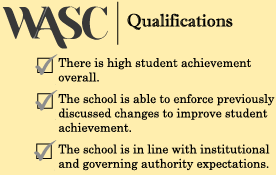The Western Association of Schools and Colleges (WASC) accreditation visitation was postponed from March 23 and 24 to late October because of the risk posed by the coronavirus pandemic. The organization postponed all visitations nationwide.
WASC is an organization that provides accreditation to public and private schools and universities. Schools get their accreditation renewed every six years, with check-ins every three years as well as a profile update every year. The goal of the accreditation is to “monitor student learning and set school improvement goals,” according to their website.
Being a WASC-accredited school improves Saratoga High’s reputation and helps colleges, prospective students and other people and institutions better understand the school’s performance.
WASC coordinator and English 11H teacher Amy Keys said, “It says that this is a reputable, strongly functioning educational institution, and students are receiving a legitimate education and are coming out ready to participate effectively in a wide range of further educational avenues,’ essentially.”
The accreditation is based on three different criteria: the degree to which high student achievement occurs, the ability of the school to implement previously discussed changes to improve student achievement and the school’s status with respect to institutional and governing authority expectations.
The accreditation gives the school an opportunity to reflect on their vision, resources, curriculum, practices and support of the wellbeing and development of students and staff.
Due to positive reviews and consistent progress, Saratoga High has consistently received six-year accreditations over the years.
“Getting a six-year clear accreditation is a confirmation for our whole school community that we are proceeding on the right track, as much as anything,” Keys said.
In preparation for the upcoming visitation in October, students and staff worked together for approximately 1.5 years; the schoolwide self-study report process started in the fall of 2018, the writing of the self-study report took about six months and the planning of the visit itinerary and activities began this semester. The report included chapters of five focus areas: mission and governance, curriculum, instruction, assessment and school culture and personal growth. Each of these areas were worked on by groups of staff and students.
The visiting committee consists of six teachers and administrators from other schools who have been trained to go on accreditation visits and evaluate the school’s report to determine whether the school should be accredited.
The visitation consists of three days of observations, meetings, interviews and panels, including a campus tour, focus group meetings and classroom observations. In the focus group meetings, committee members interview staff in groups mainly to further understand the self-study. In the classroom observations, the committee members observe the teaching and learning happening in various classrooms.
Although the visitation is postponed until October, all schools will be keeping their accreditation status through the coronavirus shutdown.
“It matters because it's not just we Falcons who determine that what we're doing is good, but that our practices and pedagogy are peer-reviewed and deemed excellent by other educators from other schools,” Keys said. “That inclusive reflection has to be an integral part of any functioning educational institution.”

